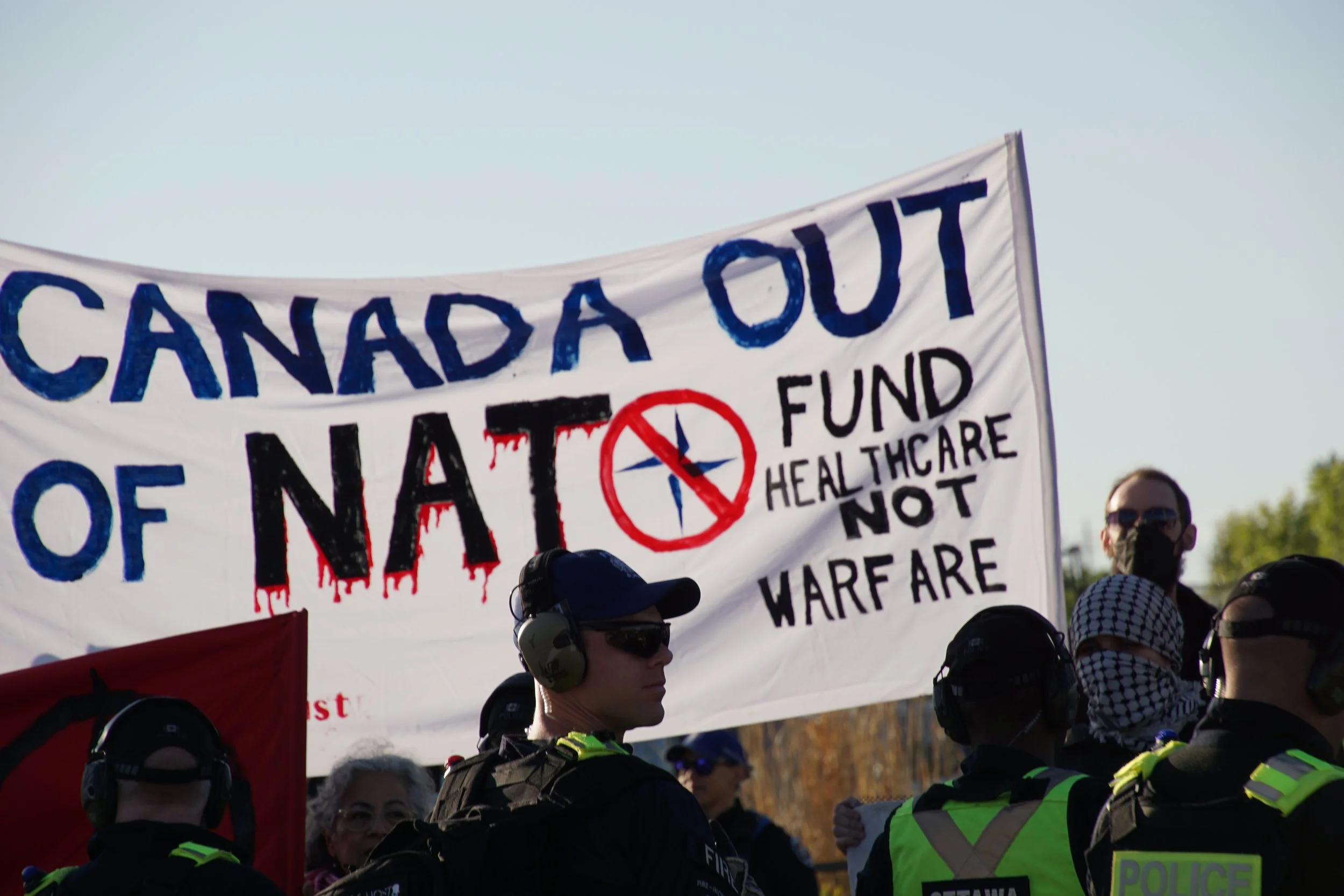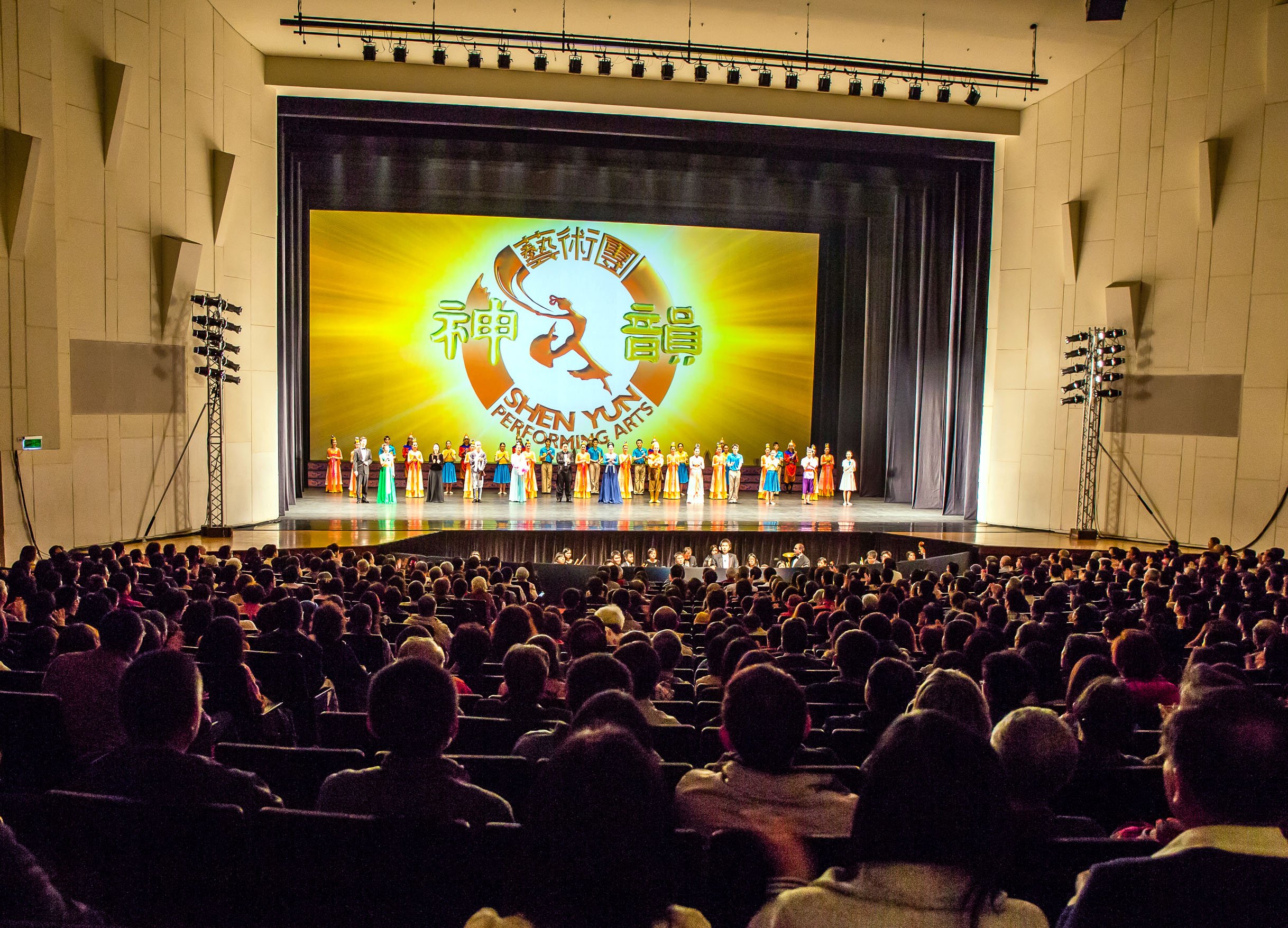The Hypocrisy of the Canadian government over Journalistic Freedom
Written by: Daniel Xie
On November 2, 2020, International Day to End Impunity for Crimes Against Journalists, Global Affairs Canada published a statement by the Media Freedom Coalition calling upon all states worldwide to advocate for a free, independent, and diverse media. The statement cites UNESCO reports about how many journalists and media workers (99 in 2018 and 57 in 2019) are killed, how many more are attacked or threatened, and how those doing the killing, attacking, or threatening get away with it nine times out of ten. The statement closes by mentioning that various countries will come together to address the dangers facing journalists and freedom of expression at the first ministerial meeting of the Media Freedom Coalition on 16 November 2020.
Canada’s Statement Hides a History of Hypocrisy over Journalistic Freedom
The Canadian government publishing a call for other countries to protect the freedom of journalism and journalists covers up Canada’s failure to speak up when its allies repress journalists’ and whistleblowers’ rights and freedoms.
The most recent example is the failure of the Canadian government to stand up for the rights of Wikileaks founder and whistleblower Julian Assange. Assange, whose trial is entering its final stages in the United Kingdom’s Old Bailey court, faces horrific conditions and torture in prison, but the Canadian media, whether mainstream or even leftist, have ignored his plight.
Assange’s fate, and the efforts of the US and UK political establishment to silence him and Chelsea Manning exposing US war crimes in Iraq, have been linked by various figures and organizations to the health of democracy and the defence of the freedom of whistleblowers to expose the crimes of the powerful. Noam Chomsky is one such figure, who believes Assange has, through his exposure of the crimes of government officials via wikileaks, “performed an enormous service to all the people in the world who treasure the values of freedom and democracy and who therefore demand the right to know what their elected representatives are doing.” Chomsky also believes that service is why the political establishment has subjected Assange to cruel and intolerable treatment.
One would think that Canada’s call for global journalistic freedom would mean they would condemn how the US and UK have treated Assange. Instead, the Canadian government has remained silent while Assange is subjected to further torture. In its silence, Canada has effectively proven that it would rather be complicit in its allies’ repression of journalists and whistleblowers than take a genuine, principled stance for those who expose the crimes of those in power.
Canada’s complicity in the US and UK’s silencing of Assange and Wikileaks is not an isolated incident. Canada’s foreign policy allies the country with various regimes worldwide who have repressed journalists in the past. The pro-US coup regime in Bolivia (which was defeated in the country’s recent election) tortured Bolivian journalist Rene Guarachi for filming police brutality in El Alto. In addition, the Bolivian coup regime forced journalists reporting from Telesur and Russia Today to go underground, and teargassed Al Jazeera TV journalist Teresa Bo in the face for reporting on political repression in Bolivia.
Canadat was silent when the Bolivian coup regime tried to consolidate power by repressing journalists. In fact, the Canadian government supported the coup regime’s efforts. When Morales was removed on November 10, 2019, after the OAS triggered the far-right coup by falsifying claims of irregularities in the election, the Canadian government welcomed the prospect of new elections occurring under the OAS’ jurisdiction. Canada demonstrated that it would rather seek profits by expanding lithium mining operations in Bolivia than stand up for repressed and tortured journalists.
Canada also maintains ties with the brutal Saudi Monarchy, even going as far as to sell them weapons and military vehicles to carry out a brutal war in Yemen and repress internal dissent. Saudi Arabia, according to Reporters Without Borders, carries out harsh crackdowns on independent journalism. Journalists are often kept under surveillance, and repression has only escalated with the ascension of Mohammad bin Salman to the throne. The number of journalists imprisoned in Saudi Arabia has tripled since 2017, with many journalists detained and tortured by the Saudi Arabian government. Under the Saudi Arabian criminal code, journalists can face cybercrime or terrorism charges for “inciting chaos”, “insulting religion”, or for criticizing Saudi politics and their war on Yemen. Saudi Arabia has even gone as far as murdering journalists perceived as a threat to their government, like Jaman Khashoggi in Istanbul on October 2, 2018.
Saudi Arabia’s crimes against journalists has proven to be an afterthought for the Trudeau government. It has not only maintained their arms trade with Saudi Arabia, but has even allowed Saudi Arabian death squads to enter Canada to hunt down political dissidents without letting the public know. Perhaps to dodge Canadians’ likely protest against continuing the Canadian-Saudi alliance.
Internal Repression of Journalists at Home covering Indigenous Uprisings:
Not only has Canada been silent about how its allies treat journalists and whistleblowers, but it has also carried out its own brand of journalistic repression against journalists covering various Indigenous land struggles within the country.
On September 4 2020, the Ontario Provincial Police filed charges of mischief against radio show host and journalist Karl Dockstader. According to Dockstader, he was charged for filming videos on August 29 covering the 1492 Land Back Lane land reclamation efforts for his show “One Dish, One Mic,” on CKTB 610 AM. Dockstader said the charges filed against him by the OPP have hindered his ability to cover the land reclamation efforts, since they forbid him from stepping onto the site or contacting Foxgate Developments, which is behind the housing project that indigenous activists are fighting against in their efforts to reclaim unceded Haudenosaunee land.
The OPP’s charges against Dockstader were not the first time repression of journalists occurred on Canadian soil. During the Wet’suwet’en protests against the Coastal Gas Link LNG pipeline, photojournalist Amber Bracken was pushed back and warned by the police to not get in the way of police and RCMP repression against land defenders. American journalist Melissa Cox was arrested by police for filming the protests, and indigenous journalist Jerome Turner had shotguns and sniper rifles aimed at him.
Even earlier in October of 2016, journalist Justin Brake covered indigenous land reclamation protests against the Lower Churchill Project in Muskrat falls; which was an effort to develop a hydroelectric dam in Muskrat falls without consulting local indigenous groups. The lack of consultation, combined with concerns by Inuit activists of potential methyl-mercury poisoning of the water, wildlife and food sources led to protests and hunger strikes.
During the protests, Brake followed indigenous activists onto the property of Nalcor Energy. When Nalcor filed for and was granted an injunction to remove the activists within their property, they listed Brake on the injunction without noting that he was a journalist and not directly part of the protest. As a result, Brake was charged criminally with mischief and disobeying court orders, being the first Canadian to be charged with both civil and political offenses.
Brake fought these charges and lost the initial case. The Supreme Court of Newfoundland and Labrador argued that Mr. Brake’s status as a journalist was unproven and there was no obligation on Nalcor to bring that fact to the attention of the Court when the injunction was filed. In 2017, Brake appealed, and during the appeal various organizations focused on press freedom such as Reporters without Borders and the Fahmy Foundation condemned the injunctions filed against Brake while supporting his efforts to defend press freedoms in Canada. In 2019, Justice Derek Green ruled in Brake’s favor. APTN hailed the ruling as a victory for journalists, as it made it clear that corporations could not use injunctions to keep journalists away from reporting on crucial events.
Canadian Government’s empty platitudes over Journalistic Freedom yet one more instance of Hypocrisy
Canada’s call for states to respect the rights of journalists is an empty, hypocritical platitude. Canada has stayed silent while allies like the US, the UK, the outgoing coup government in Bolivia, and the Kingdom of Saudi Arabia carry out repression against journalists and whistleblowers. At the same time, the Canadian government and law enforcement has engaged in its own attempted repression and muzzling of journalists who cover decolonization and land reclamation efforts by indigenous land defenders.
If the Trudeau Government truly values the freedom of journalists, then it must reverse its policy of staying silent while whistleblowers and journalists face repression by their allies and instead hold said allies to account for their abuses. In addition, the Trudeau government must also take measures to protect whistleblowers and journalists reporting on indigenous struggles from internal repression carried out by corporations and law enforcement. If the Trudeau government fails to change course, then it falls on Canadians to push for a government that truly protects the human rights of journalists and whistleblowers rather than one spewing empty platitudes.
More Articles






